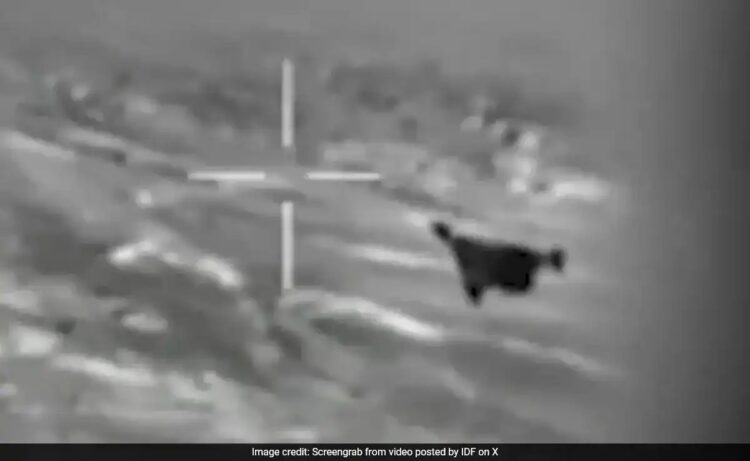In a dramatic turn of events, Israel has thwarted Iran’s l assault on its territory, intercepting a barrage of missiles and drones. The confrontation unfolded following Iran’s retaliatory strike, prompted by a suspected Israeli airstrike on its embassy compound in Damascus earlier this month, resulting in casualties among the Islamic Revolutionary Guards Corps.
The Israeli army disclosed that Iran unleashed over 300 drones and missiles towards Israeli soil. Remarkably, 99 percent of these projectiles were neutralized before breaching Israeli airspace, a feat accomplished with assistance from allies including the United States, Jordan, and Britain.
As tensions simmer, calls for de-escalation reverberate from concerned parties, emphasizing the paramount importance of restoring diplomatic channels and upholding regional security and stability.
The escalation, anticipated in the wake of Israel’s conflict with Hamas, places India in a delicate position, given its longstanding ties with both nations. India’s robust strategic partnership with Israel, spanning defense and technology cooperation, has flourished in recent years, underscored by Prime Minister Narendra Modi’s visit in 2018 and his rapport with Israeli counterpart Benjamin Netanyahu. However, India’s historical ties with Iran, a crucial oil supplier and defense ally, further complicate its stance amidst the escalating tensions.
Despite India’s neutral stance on Hamas, the recent attack on Israel has been unequivocally condemned, considering it an act of terrorism triggering retaliatory measures. The intricacies of India’s diplomatic balancing act between these two nations with conflicting interests add a layer of complexity to an already volatile geopolitical landscape.

















Comments